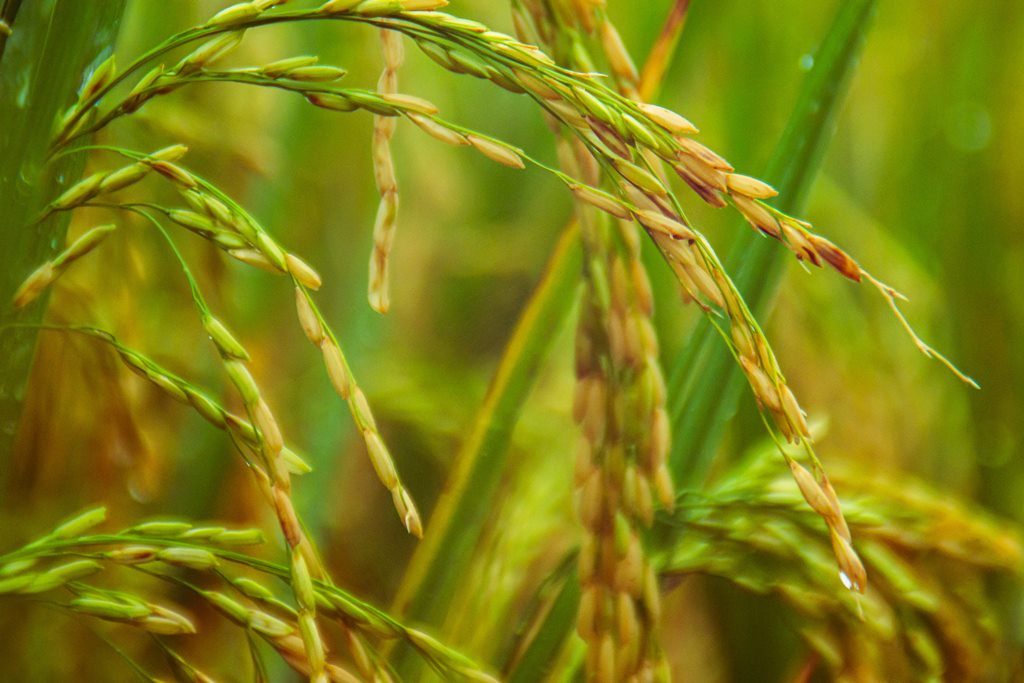Chinese scientists have discovered a method for increasing rice crop productivity by up to 40% by altering the plant’s genetic material, by adding a second copy of one of the rice variety’s own genes.
According to the findings of the study, which was summarized in the scientific journal Science, the Chinese Academy of Agricultural Sciences (CAAS) team observed that the change helped the plant absorb more fertilizer, enhance photosynthesis, and accelerate flowering.
The team was led by plant scientist Wenbin Zhou.
After three years of testing in temperate-to-tropical climates, researchers predict that the “supercharged” technique may be utilized on other crops. They also believe it can address global food shortages caused by increased population growth and supply chain challenges resulting from conflicts.
“To achieve the required yield increases and make agriculture more sustainable, intensified breeding and genetic engineering efforts are needed to obtain new crop varieties with higher photosynthetic capacity and improved nitrogen use efficiency,” the researchers said.
GE crops provide many benefits – but consumer education is key
According to Science, transgenic crops like the rice developed by Zhou’s team are still considered unacceptable to some consumers. However, Zhou and colleagues claim that the same yield improvement may be achieved by modifying the plant’s own genes, which is currently less tightly controlled in certain nations than transgenic engineering.
As Bio.News recently reported, younger consumers are much more open to genetically engineered crops, but education about the science behind these crops is key.
Another advantage is that boosting crop nitrogen efficiency may reduce contamination of streams and lakes caused by excess fertilizer runoff from farms, says Pam Ronald, a rice geneticist at the University of California, Davis for Science.
Furthermore, improved photosynthesis will also be critical for increasing global food supply, according to Steven Kelly of the University of Oxford.




